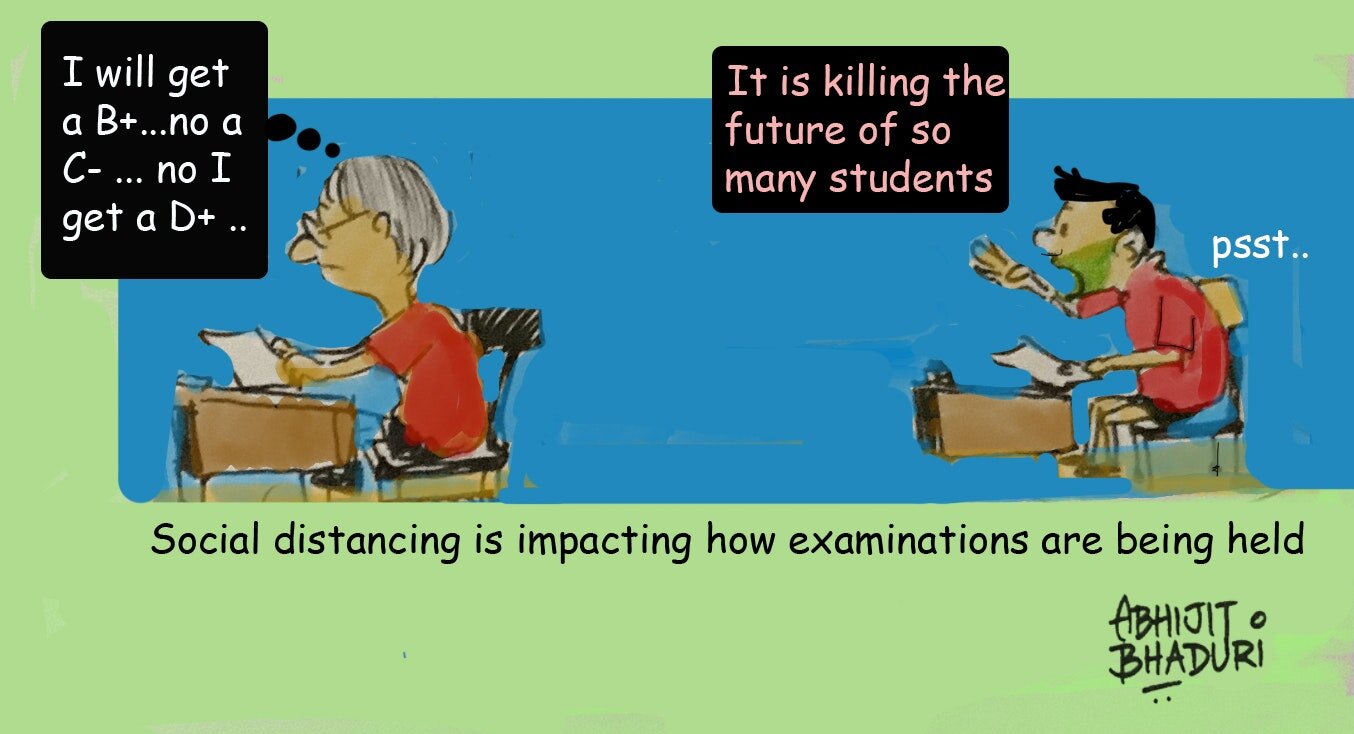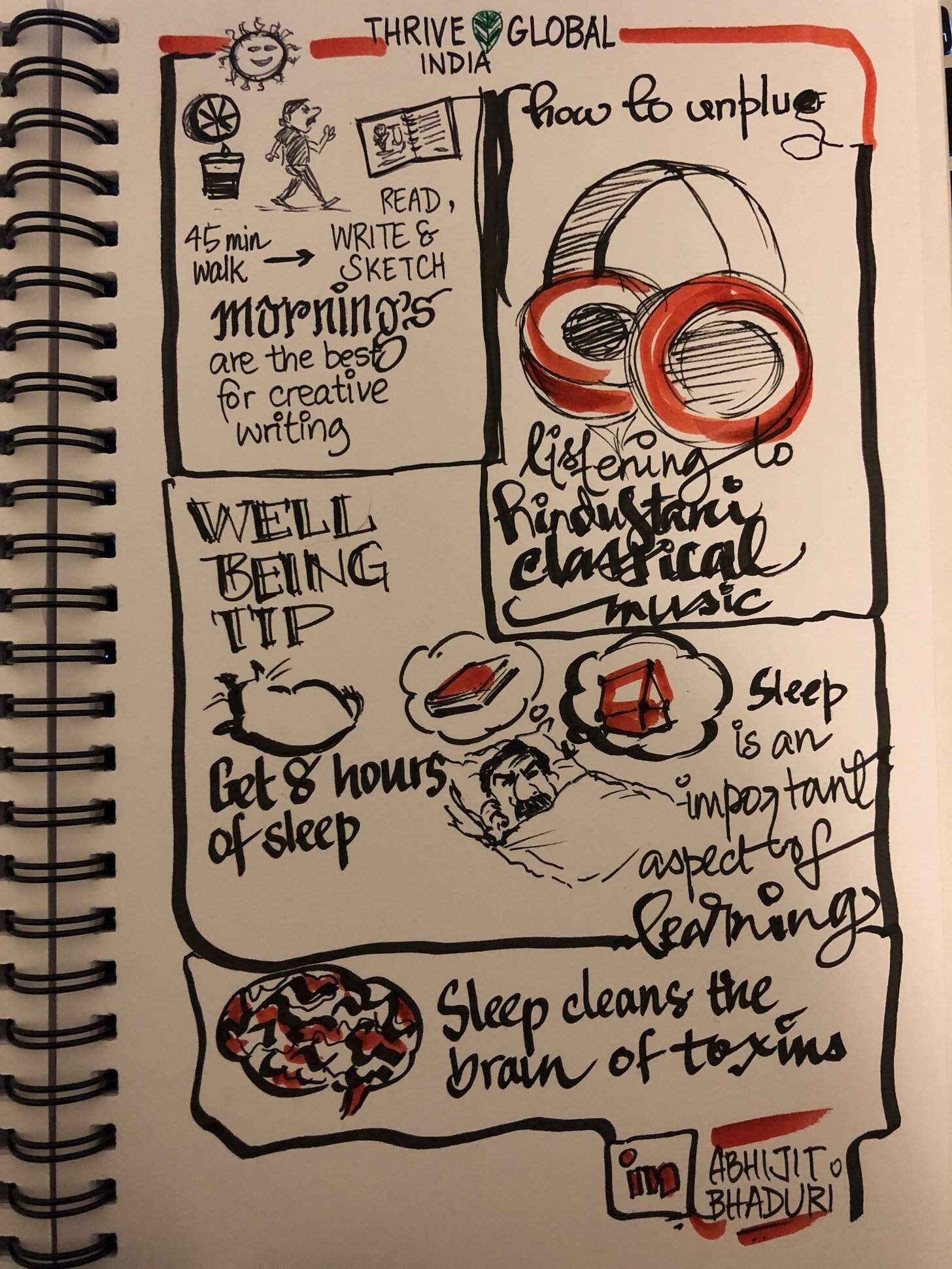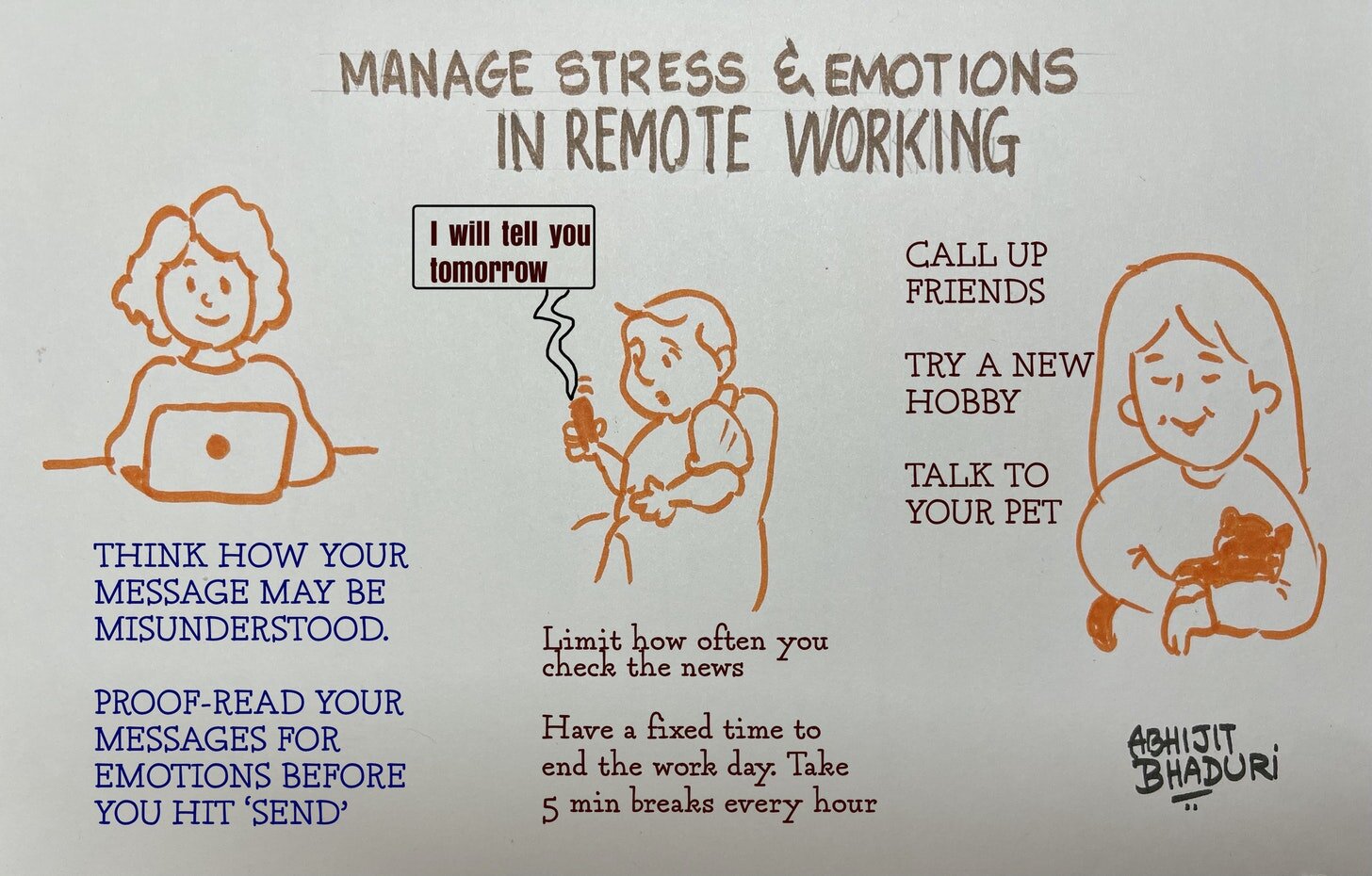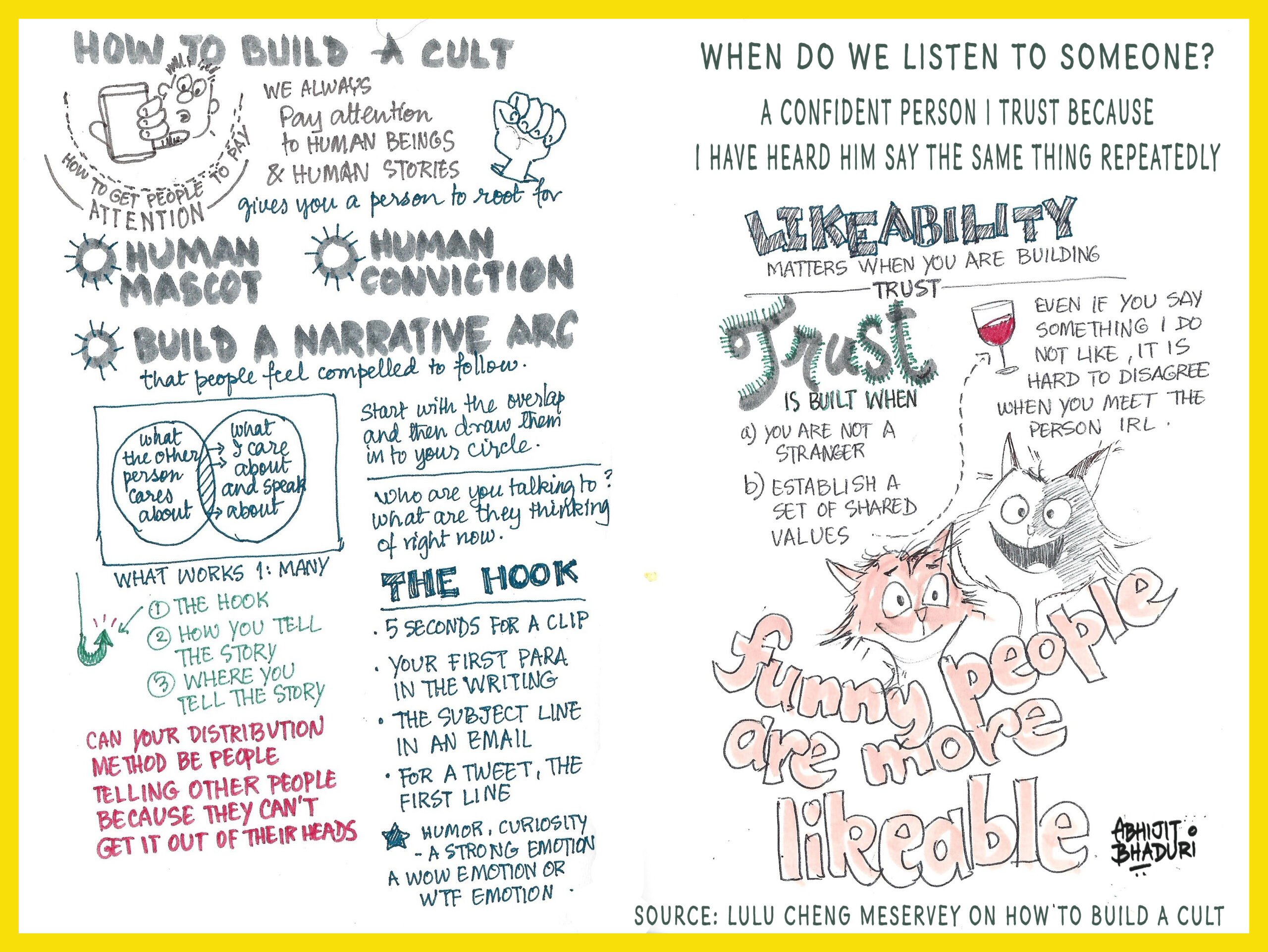This was Thanksgiving week. What are you thankful for this year? It is strange to think of 2020 as anything else but annus horribilis – a year of disaster or misfortune, but I have much to be thankful for. I am thankful for multiple new beginnings this year has brought. What are you thankful for?
In case this is your first time here, let me explain. This newsletter has things I have read, watched, listened to or created. I also do a shameless plug for my new book Dreamers and Unicorns. If you write a review of it on Amazon or LinkedIn or Instagram or Facebook, please mail it to me. I am happy to share it with the world with a word of gratitude.
Dr NS Rajan, Former CEO – IDFC Foundation, Former Group CHRO – Tata Sons and earlier Global Leader – People Advisory – EY read Dreamers And Unicorns and said on LinkedIn
1. Exams need tech support
During the lockdown I completed a course in being certified as an Independent Director. It involved taking an online assessment that is administered by the Indian Institute of Corporate Affairs.
This is the first electronically proctored exam I have taken. I had to set up my system and webcam and sit in a well-lit spot so that the webcam could keep an eye on me. It was a combination of annoyance and creepiness that I experienced because of messages that kept telling me to look at the screen. Maybe they share those messages just to ensure test takers don’t feel tempted to fudge responses. But the electronic eye is no match for human ingenuity. In case you want to know if I cleared the exam? Yes, I did.
Schools and colleges are using electronic invigilation and it is not working. Teachers complain that it is impossible to find out which student is glancing at a piece of ‘supporting document’ taped to the screen.
Online exams – are they effective?
Some schools have extrapolated the pre-pandemic grades of the students. The ones who have been adversely affected by this have protested that their improvements have not been recognised. Should examinations not be held until we have figured out how to evaluate learning in a remote setting?
The Economist discovered that “Wales will not hold any of the tests usually sat by 16- and 18-year-olds next year because disparities in the amount of face-to-face teaching pupils are receiving would make formal exams unfair.”
What if Amazon offered to manage exams
Amazon is already selling more books than anyone else. They would be well placed to move into education delivery. Here is how:
Amazon sends a Knowledge Test Device (KTD) ie a device like Kindle with questions pre-loaded. The device is sent to the student’s home and the student responds to randomly generated questions within a specific time and the device is remotely managed. At a predetermined time the device becomes inactive.
If Bezos turns this idea into reality, remember I deserve a share of the billions. But would such a system work?
2. Sleep Machismo
In the Amazon logo, the arrow in the name stretches from the letter A-Z. They cracked retail and entertainment and logistics and now they are moving into healthcare. ‘Connect for a Sleep Care visit to get a personalised assessment of your sleep and ways to help you rest better,’ says the Amazon.Care website. I just stumbled upon the site.
We have all heard stories of sleep machismo. I have fallen for it myself. In this people claim they need no more than 3-4 hours of sleep in a day. Here is the better option.
For any important meeting (or exam), besides preparing for the quizzing, make sure you get 8 hours of sleep and have a light meal before you face the exam.
Columnist friend Jaspreet Bindra says that the book by Matt Walker, ‘Why We Sleep: The New Science of Sleep and Dreams’ is life changing. It made him realise that ‘sleep is a superpower, and it is the third and neglected of the triad of diet, exercise and sleep, which make us healthy and disease-free.









